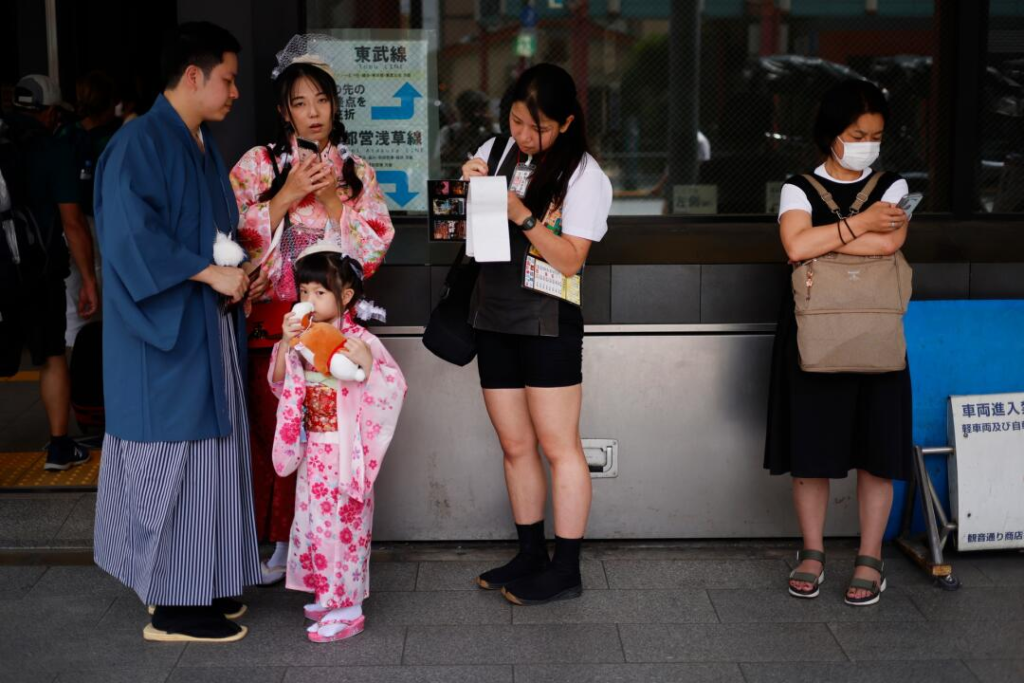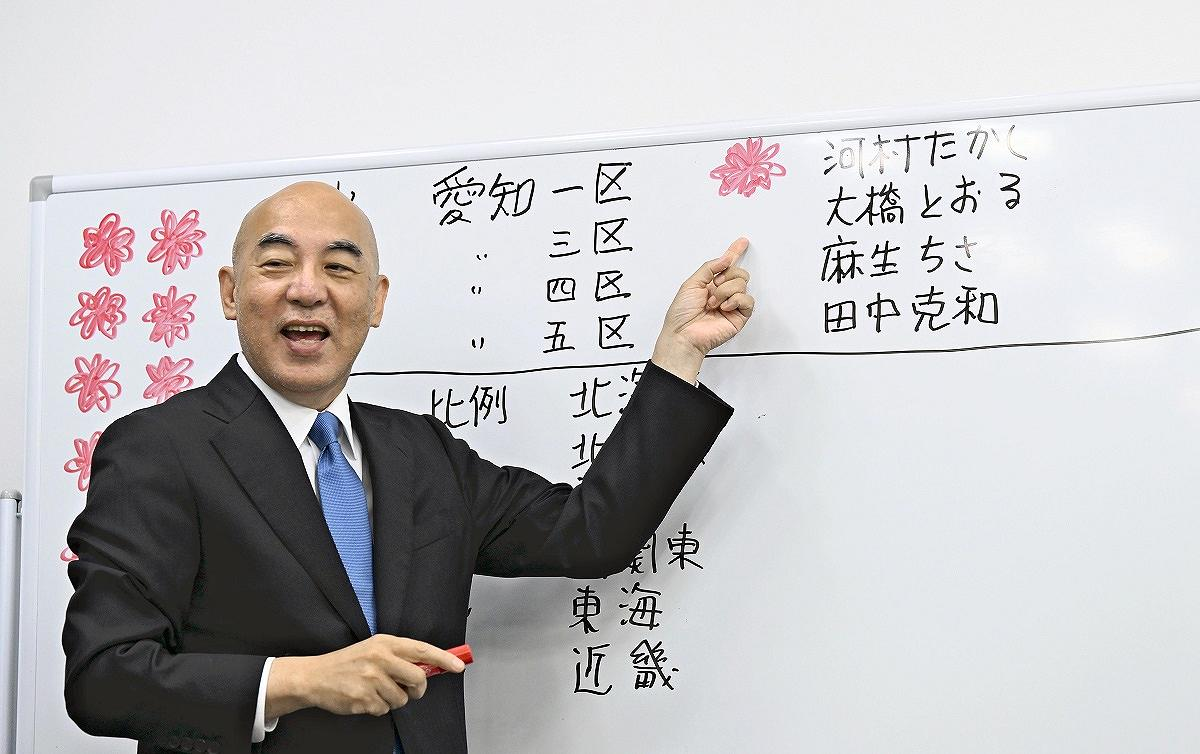In a deeply controversial and highly criticized statement, Naoki Hyakuta, the leader of the Conservative Party of Japan, made a shocking remark about addressing Japan’s declining birth rate.
During a YouTube stream on Friday, Hyakuta mentioned a hypothetical idea where women would have their uteruses removed after the age of 30 as a solution to the country’s demographic crisis. The remark, which was framed as a science-fiction concept, sparked widespread outrage and condemnation.
The Shocking Proposal and the Controversy Surrounding It
Naoki Hyakuta, known for his extremist views and provocative statements, has once again made headlines with his remarks about Japan’s declining birth rate. In his YouTube video, Hyakuta discussed the country’s demographic challenges, including its low birth rate, aging population, and the social implications these have on the future of Japan.
While addressing these pressing concerns, he suggested a bizarre and extreme “solution” — that women should have their uteruses removed once they turn 30, claiming this would address the issue of falling birth rates.
Hyakuta also added further fuel to the fire by suggesting that women would no longer be allowed to attend university from the age of 18, and that a law should prevent women over the age of 25 from getting married.
These comments were made in the context of his broader discussion about Japan’s birth rate crisis, and he later clarified that they were meant as a hypothetical idea, more of a science-fiction scenario than something he actually supported. However, the damage had already been done.
Read : Japan’s PM Shigeru Ishiba Cabinet Resigns
The sheer absurdity of these proposals led to immediate backlash from women’s rights activists, political opponents, and the general public. Many took to social media to express their outrage over Hyakuta’s lack of sensitivity and the dangerous implications of such statements.
Read : Top Ten Most Famous Japanese Foods: A Culinary Journey
For a political leader, especially one heading a newly established political party, to make such a remark about women’s bodies and their reproductive rights was seen as a gross misstep and a violation of fundamental human dignity.
The Apology and the Fallout
Following the uproar, Naoki Hyakuta quickly issued a public apology. In a speech in Nagoya, Hyakuta described his comments as “too bitter” and expressed regret for the harm they caused, acknowledging that his remarks had upset many people. He emphasized that the ideas he presented were intended to be “science-fiction” and that he did not endorse them in reality.
Hyakuta also apologized on his social media platform X (formerly Twitter), acknowledging that his comments were “undeniably extremely harsh” and explaining that he had made them in an attempt to simplify a complex issue.

However, the apology seemed insufficient to many. The remarks themselves were seen not only as reckless but also as indicative of a broader, more troubling mindset regarding women’s roles in Japanese society.
The suggestion that women’s bodily autonomy could be subjected to government control in such a drastic way raised serious concerns about the Conservative Party of Japan’s political philosophy and their treatment of women.
Critics questioned whether Hyakuta’s apology was a genuine reflection of regret or simply a reaction to the massive public backlash he faced.
Hyakuta’s political history has been filled with controversy, including remarks on sensitive historical issues such as denying the 1937 Nanjing Massacre and referring to U.S. air raids on Japan during World War II as “genocide.”
His recent remarks about women’s rights further contribute to the perception that his party’s ideology may not be grounded in respect for human rights or social progressivism, but rather in more conservative and regressive thinking.
Japan’s Declining Birthrate: A National Crisis
The issue of Japan’s declining birth rate is indeed a serious concern. Japan’s population has been steadily shrinking for decades, and the country now faces a demographic crisis as its elderly population outnumbers the youth. The consequences of this aging population are far-reaching, affecting everything from the economy to healthcare to social services.
The government has struggled for years to find effective policies to reverse the declining birth rate, including offering financial incentives for families to have more children and improving child care infrastructure.
While the topic of Japan’s low birthrate is certainly an urgent one, the solution proposed by Hyakuta was not only unrealistic but also entirely detached from the real issues at hand.

A growing number of experts have suggested that the solution to Japan’s demographic crisis lies not in draconian measures such as forced sterilizations, but in improving women’s participation in the workforce, creating more flexible work environments, increasing support for working parents, and ensuring equal opportunities for women in education and employment.
Many experts believe that addressing gender inequality in Japan is a crucial factor in resolving the country’s low birthrate. In Japan, women often face significant barriers when it comes to balancing work and family life, with a lack of affordable childcare options, long working hours, and cultural expectations that women should prioritize domestic duties.
Encouraging more women to have children will require a societal shift toward gender equality, better work-life balance policies, and increased investment in child-rearing infrastructure.
Hyakuta’s comments, far from contributing to the discussion of these complex issues, instead reinforce outdated and harmful stereotypes about women’s roles in society.
His proposal to restrict women’s education and reproductive rights was viewed as a backward and regressive approach, one that would do little to solve the real underlying causes of Japan’s demographic challenges.

